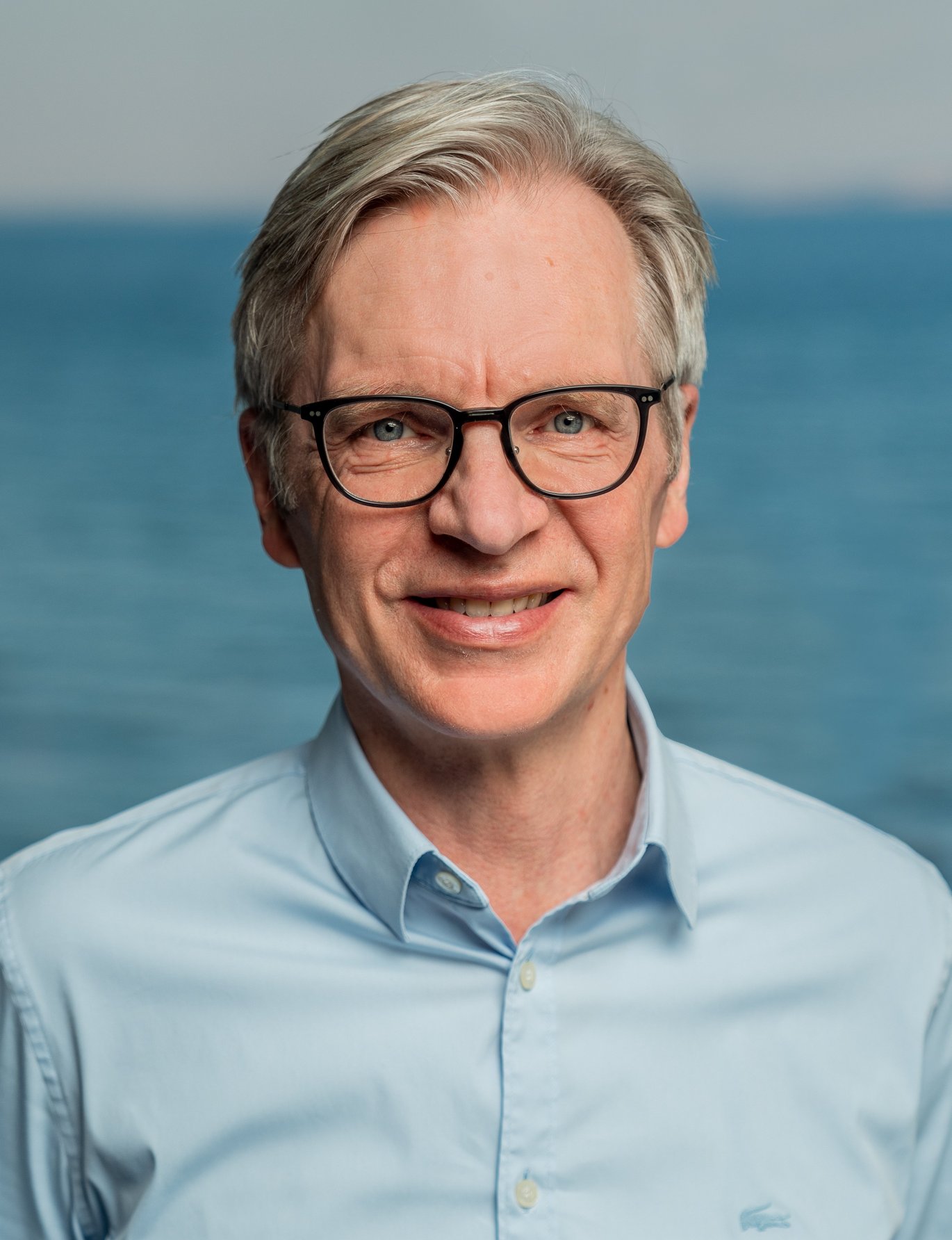Investing in carbon capture is cheap compared to the price we must pay in the end
There is no doubt about the fact that we must limit our CO₂ emissions - but according to Professor Troels Skrydstrup co-director of the Novo Nordisk Foundation CO₂ Research Center, emissions are not the biggest climate challenge.

"Right now, we do not have the technologies needed to capture, store and utilize the large amount of CO2 in the atmosphere. And that is, in my opinion, society's biggest challenge because the numbers are so large. A huge effort is needed to solve the problem, and we are in a hurry," he says.
In 2030, we must be able to capture 1 gigaton of CO2 in the atmosphere annually, and in 2050 that target has increased to 10-20 gigatons of CO2. The global emission is 34-35 gigatons, so for the next several years we will continue to emit more CO2 than we can capture. The math clearly doesn't add up.
At the Novo Nordisk Foundation CO₂ Research Center (CORC), we work to find new technologies to capture, store and utilize CO2.
"Our goal is to develop technologies other than those that exist today and see if they can be scaled up. This applies both to direct capture of CO2 from the air, but we also try to decentralize the problem so that we do not only capture CO2 in one place. Everyone has a responsibility, so we also look at whether you can capture CO2 in individual households," says Troels Skrydstrup.
He continues:
"We are also investigating whether we can convert CO2 into something useful. If for instance we can convert CO2 into ethylene, which is a building block for many of the most used polymers, or other small building blocks that are used in the chemical industry, then we can eventually become independent of fossil fuels in production.”
If we are to crack the code to capture and recycle CO2 on a gigaton scale, it requires massive investments in new solutions.
"It requires large investments in both the very early research, but also in research that is so far advanced that it can be applied it in industry. If we don’t do this, it will take too long before we have concrete technologies," Troels Skrydstrup points out.
"Investment in CO2 capture is cheap compared to the price we have to pay in the end," he concludes.
-----
During the current Danish election campaign (fall of 2022), researchers from Faculty of Natural Sciences focus on some of the biggest societal challenges in the natural sciences, and on which solutions we need. Troels Skrydstrup is one of these.
